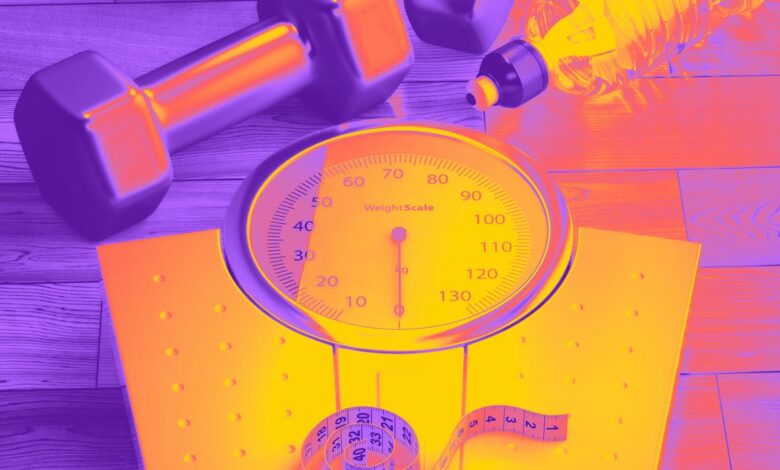When is the best time to weigh yourself? We did the research


For many people, weighing themselves is an essential part of tracking their fitness progress as they look to shed a few pounds. If that’s you, you know that accurate measurements are key. While the number isn’t an “end-all, be-all” measure of your health, it’s useful data.
If you have a healthy relationship with weighing yourself, the number can be a useful tool that gives you valuable insight into your progress toward your overall health goals. Or maybe you’d rather focus on body recomposition instead of the number on the scale. With that in mind, there are a few key things you should know about how and when to weigh yourself to get consistent results every time. Here’s how to weigh yourself correctly.
When is the best time to weigh yourself?
You will get the most accurate reading from your scale if you weigh yourself first thing in the morning. Do this after using the bathroom and before you have breakfast or drink water. According to experts, morning is the best time because you’ve given your body a chance to properly digest everything you ate and drank the day before, leaving your stomach relatively empty.
Read more: Improve your health and wallet: the power of intermittent fasting
When is the worst time to weigh yourself?
There is no “worst” time to weigh yourself, but you may want to avoid weighing yourself after activities that could you lose weight. This could be something like eating a large meal or drinking a large amount of fluid, which in turn can cause you to temporarily “weigh more.” You should also avoid weighing yourself after exercising, as you will weigh less due to the water you lose through sweating.

If you are menstruating, it is best to avoid weighing yourself in the days leading up to your period. This is because your hormones can cause weight fluctuations that will affect the number on the scale. You should also keep in mind that it is normal for your weight to fluctuate throughout the day and from day to day. If you are concerned about sudden changes in your weight, see your doctor as soon as possible.
More tips to get an accurate measurement
In addition to weighing yourself at the ideal time of day, there are other ways to ensure that your scale gives you an accurate reading on a regular basis. This is especially important if you want to track your weight loss or gain.
- Weigh yourself once a week at the same time of day.
- Store and use your scale on a sturdy, flat surface.
- Stand on the scale with bare feet and distribute your weight evenly on both feet.
- Wear little to no clothing when weighing yourself. Whatever you decide, keep it consistent each time you weigh yourself for better accuracy.
When to Leave Your Scale
As in any unhealthy relationship, you can stop weighing yourself if you feel it is having a negative impact on your life. Don’t hesitate to put your scale away if you are experiencing:
- Negative thoughts that arise when you weigh yourself.
- Regular anxiety or sadness after weighing yourself.
- Unsafe or unhealthy habits that develop from weighing yourself.
- An eating disorder, whether you develop one, recover from one, or have had one before.
read more: Your Weight Isn’t Everything: 6 Health Stats That Matter More
Looking for more health tips? Read how to get more fruits and vegetables into your diet and why you should eat more carbs, not fewer.




